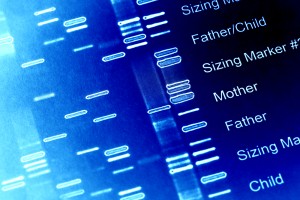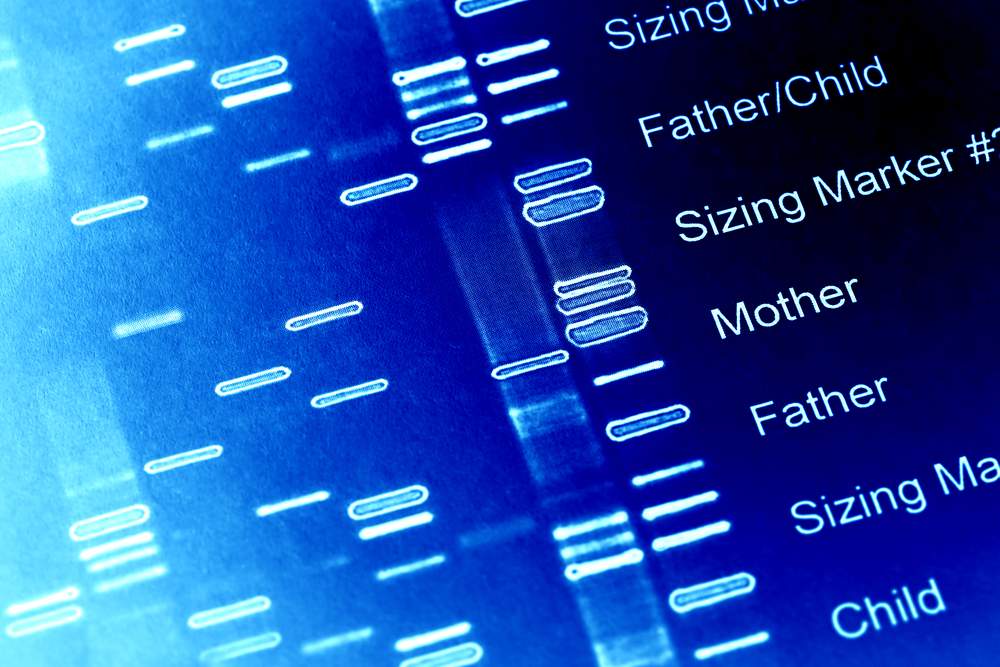 A group of researchers from UT Southwestern Medical Center has shown that whole-genome sequencing can be successfully used to assess a patient’s risk to develop hereditary cancer.
A group of researchers from UT Southwestern Medical Center has shown that whole-genome sequencing can be successfully used to assess a patient’s risk to develop hereditary cancer.
“Whole-genome sequencing is a new genetic tool that can determine more of a person’s DNA sequence than ever before. Our results show that nearly 90 percent of clinically identified mutations were confidently detected and additional cancer gene mutations were discovered, which together with the decreasing costs associated with whole-genome sequencing means that this method will improve patient care, as well as lead to discovery of new cancer genes,” lead author Dr. Theodora Ross, Professor of Internal Medicine and Director of UT Southwestern’s Cancer Genetics Program, said in a news release.
Patients who are known to have a genetic predisposition for certain types of cancer are counseled by Dr. Ross and her team to understand the most appropriate ways of early cancer detection and/or prevention.
A significant percentage of all cancers are caused by inherited genetic mutations (5-10%). In breast cancer, mutations in the BRCA1 and BRCA2 genes account for the majority of hereditary forms of this malignancy. Furthermore, mutations in the BRCA genes are also responsible for increased ovarian, prostate and pancreatic cancer risk. Additionally, other genes, such as ATM, CDH1, CHEK2, PALB2, PTEN, and TP53 are known to be linked to a higher risk of breast cancer development.
In their work, published in EBioMedicine, titled “Use of Whole Genome Sequencing for Diagnosis and Discovery in the Cancer Genetics Clinic”, the research team assessed new ways of analyzing the large amount of data generated by whole-genome sequencing.
As such, they develop a method that allowed the comparison of patients carrying the BRCA1 or BRCA2 mutations with patients who had no such mutations.
Using this method the team identified 88.6% of BRCA1 or BRCA2 mutations in the BRCA group, while registering other mutations in patients with no BRCA mutations.
[adrotate group=”3″]
“The results demonstrate that whole-genome sequencing can detect new cancer gene mutations in non-BRCA ‘mystery’ patients, demonstrating the added value whole-genome sequencing brings to the future cancer clinic,” Dr. Ross said in the news release. “Mystery patients are those who have a strong family history for cancer but after standard genetic testing, no genetic diagnoses are made. In our study, sequencing allowed us to discover novel candidate cancer gene mutations in mystery patients”, she added.

